India in a changing global order
This speech was delivered at ‘Industry Meet 2018’, organised by the Indian Institute of Management, Indore, in collaboration with the Ministry of External Affairs, Government of India, on 7 July 2018
 Courtesy: IIM, Indore
Courtesy: IIM, Indore
This speech was delivered at ‘Industry Meet 2018’, organised by the Indian Institute of Management, Indore, in collaboration with the Ministry of External Affairs, Government of India, on 7 July 2018
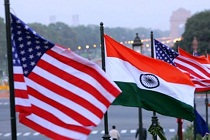 Courtesy:
Courtesy:
An article written for our website by our co-founder and Director, Amb. Neelam Deo, analyzing the recent Trump-Kim summit in Singapore, was republished in the Washington D.C.-based publication, “India America Today“. Read the republished piece here.
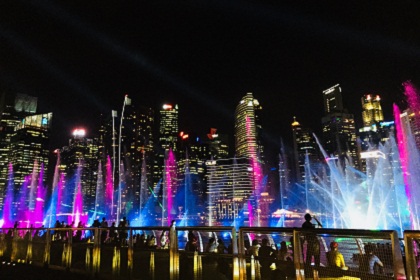 Courtesy: Preksha Dugar
Courtesy: Preksha Dugar
The $20 million price tag is a low-cost campaign fee for a country that’s transforming its branding from being “a little red dot” on the shopping map, to becoming a precisely and globally positioned summit state that counts
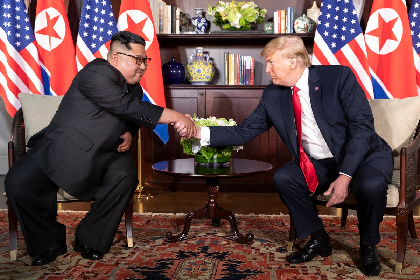 Courtesy: Wikimedia
Courtesy: Wikimedia
The June 12 summit was characterised by give-and-take as opposed to the one-way approach practised by earlier U.S. administrations. All countries welcomed the agreement and there is hope that this realism will enable the United States to address other contentious issues too
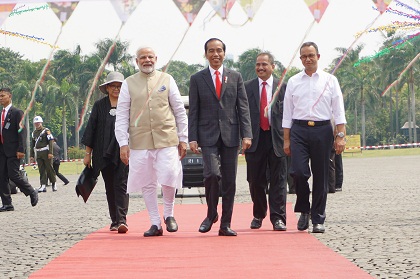 Courtesy: MEA Flickr
Courtesy: MEA Flickr
Prime Minister Modi’s visits to South East Asia last week were major steps in furthering the goals of India’s Act East Policy even as major power rivalries unfolded in the region. Most significant was the visit to Indonesia, a low key Asian power but one that India can partner to enhance its regional stature.
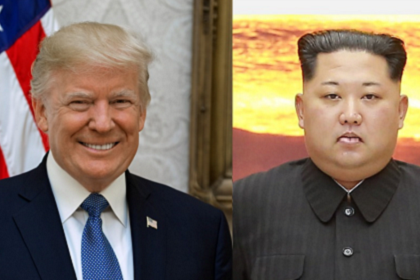 Courtesy: Wikipedia
Courtesy: Wikipedia
A historic summit is scheduled to take place on June 12. Three participants—the two Koreas and the U.S.—were involved in effecting the rapprochement that has preceded it. And for once, China is playing catch-up. Here is how it came about
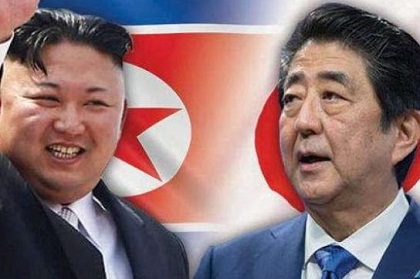 Courtesy: View.mn
Courtesy: View.mn
North Korea's overtures to its immediate strategic neighbours through a series of summits have excluded Japan, which has long regarded Pyongyang's nuclear weapons and missile development programmes a direct threat. It is reacting by reaching out to the U.S., North Korea and China
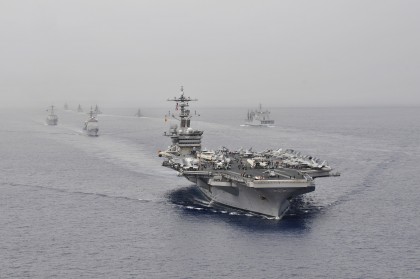 Courtesy: Wikimedia
Courtesy: Wikimedia
As the United States considers its policy options towards North Korea it must understand that Pyongyang has been thinking about military conflict for decades. It too will have military plans and they could pose major challenges for the U.S. This is why China and South Korea–and U.S. regional experts too–prefer the diplomatic route
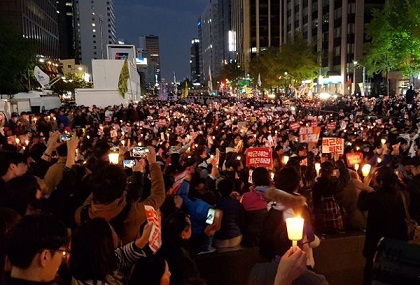 Courtesy: Channel News Asia
Courtesy: Channel News Asia
Allegations of corruption brought down erstwhile South Korean president Park Geun-Hye. Now, there are many changes afoot: the new president who will be elected in May will face some crucial dilemmas that may affect the country’s relations with China and North Korea, besides the U.S.
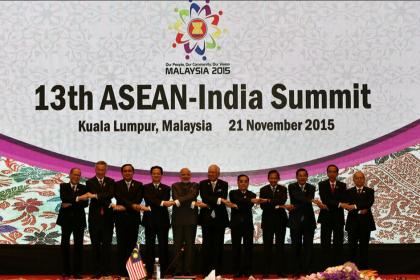 Courtesy:
Courtesy:
In two years, the Modi government’s Act East Policy has gone well beyond the focus on economic ties of its predecessor, the Look East Policy. It has made progress on many wider fronts, including connectivity and defence collaboration. India must now build on this success and further consolidate relations and trade links with ASEAN and beyond